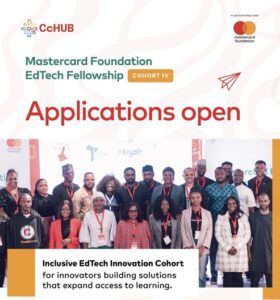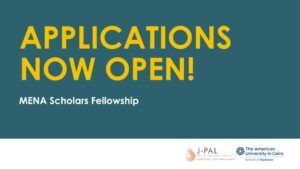The Meta Research PhD Fellowship is a global program designed to encourage and support promising doctoral students who are engaged in innovative and relevant research in areas related to computer science and engineering at an accredited university.
The program is open to students in any year of their PhD study. Meta also encourage people of diverse backgrounds and experiences to apply, especially those from traditionally under-represented minority groups. Applications are evaluated based on the strength of the student’s research statement, publication record, and recommendation letters.
Eligibility Requirements
You are eligible to apply for the program as long as you are:
- Enrolled in a PhD program at an accredited university in the fall following the application cycle (i.e., Fall 2023)
- Engaged in research related to computer science and engineering in areas relevant to Meta, as specified in the Available Fellowships section
The program is open to students at all accredited universities around the world.
Available Fellowships
• AI System HW SW Co-Design
• Applied Statistics
• AR/VR Computer Graphics
• AR/VR Future Technologies
• AR/VR Human Computer Interaction
• AR/VR Human Understanding
• AR/VR Photonics and Optics
• AR/VR Wireless
• Audio Presence
• Augmented Reality Audio
• Database Systems
• Computational Social Science
• Distributed Systems
• Economics and Computation
• Human Computer Interaction
- Social Media, People, & Society
• Networking
• Privacy and Data Practices
• Programming Languages
• Security and Privacy
• Technology Policy Research
Benefits
- Winners of the Fellowship are entitled to receive two years of paid tuition and fees, a $42,000 annual stipend to cover living costs, various opportunities to engage with Meta researchers, and an invitation to the annual Fellowship Summit.
The Fellowship Summit
As part of the program, current Fellows are invited to Meta’s headquarters in Menlo Park for the annual Fellowship Summit. At the Summit, Fellows can engage with other winners, share their current research, speak with Meta researchers and teams, and learn more about research at Meta.
Timeline:
- APPLICATIONS OPEN: August 3, 2022
- APPLICATIONS CLOSE: September 20, 2022
- LETTERS OF RECOMMENDATION DUE: October 6, 2022
- WINNERS ANNOUNCED: Mid-January 2023
Method of Application
Applications Must Include
- CV or resume. There is no page limit to the resume or CV. In this case, it may be worthwhile to have a longer CV to complement your achievements or any publications you would like to share.
- Research statement. Statements of research should be 500 words or less and should clearly identify your area of focus, its importance to the field, and its applicability to Meta as it pertains to one of the Available Fellowships. Note that references or citations count toward the 500-word limit. To optimize the word count for research statements, references and citations should be added to CVs, which do not have a word or page limit.
- Two letters of recommendation. One of the letters of recommendation needs to come from a PhD advisor or a research advisor. The other may come from another professor or an industry contact.
For application guidance from Fellows and Meta reviewers, see Application Tips below.
Application Process
- The 2023 application opens on August 3, 2022, at 9:00am PDT. Applicants may prepare to apply by creating a SurveyMonkey Apply account. During the application process, applicants will be asked to provide references’ contact information. Once the application is submitted, references will receive an email to upload their letters in SurveyMonkey Apply by October 6, 2022. Please visit SurveyMonkey Apply for more information on references and how to apply.
- Applications close on September 20, 2022. After the application deadline, changes to applications will no longer be accepted. There is no interview associated with the Fellowship review process.
- Winners are notified in mid-January 2023. Winners will be announced on the Meta Research blog. Due to the volume of submissions, we’re unable to provide individual feedback on proposals.
For More Information:

